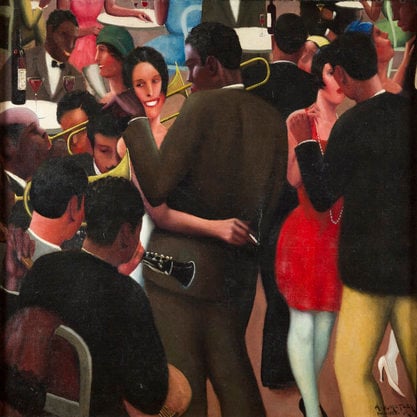Article
Cardew, Cornelius (1936–1981) By Venn, Edward
Article
Cornelius Cardew was a leading figure in British experimental music in the 1960s and a committed political activist in the 1970s. His earlier music, particularly that inspired by Cage, demonstrates on going concerns with the relationship between composer and performer, not least in the emphasis placed on improvisation. His later politically motivated music abandoned avant-garde and experimental principles in favor of a direct, tonal idiom. He died after a hit-and-run incident in East London.
Cardew’s musical education was conventional; first as a boy chorister at Canterbury Cathedral (1943–50) and then at the Royal Academy of Music (1953–57). He had a philosophical nature too, apparent in his enduring fascination with Wittgenstein’s Tractutus. Cardew familiarized himself early on with early-twentieth-century serialism and increasingly with the continental avant-garde: at nineteen, he gave (together with fellow student Richard Rodney Bennet) the London premiere of Pierre Boulez’s Structures I and taught himself guitar in order to participate in the 1957 London premiere of Le Marteau Sans Maître. Many of Cardew’s compositions of this era reflected such interests, as in his Piano Sonata No. 2 (1956).


